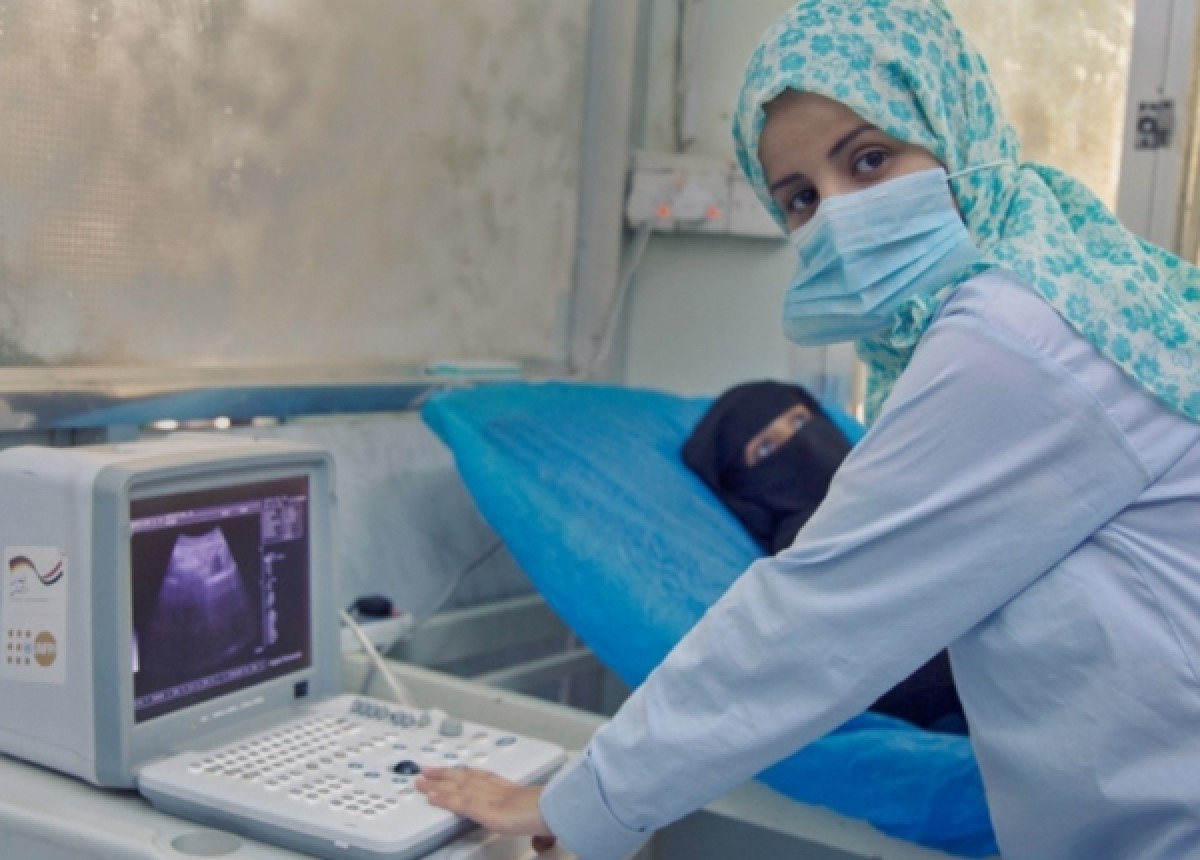Germany provides 3.4 million euros to support health in Yemen


The German government has provided a new contribution of more than €3 million to support life-saving health and nutrition services for millions of people in Yemen, which faces worsening acute food insecurity and a protracted health emergency.
The World Health Organization (WHO) said in a press statement on Wednesday that it had signed a new agreement with the German government worth 3.4 million euros (equivalent to 3.57 million dollars) to maintain life-saving health and nutrition services in Yemen, and “this initiative comes At a time when the country is facing an extended level 3 emergency, which is the organization’s highest level of health emergency.”
The statement added that the new project agreement aims to strengthen preparedness and response measures for health emergencies, by focusing on responding to risks and priority areas, strengthening surveillance and rapid response mechanisms, and contributing to the provision of essential medicines and medical supplies, in addition to supporting basic life-saving health services and empowering workers. Qualified health professionals.
The World Health Organization indicated that the agreement will improve access to integrated nutrition services, ensure the operation of 96 specialized therapeutic feeding centers to treat cases of malnutrition in children and those integrated within children’s departments, and enable them to provide basic care for children who suffer from malnutrition. Severe acute illness with medical complications.
The statement explained that Yemen is facing an outbreak of vaccine-preventable diseases, including vaccine-derived poliovirus (type 2), acute watery diarrhea, cholera, measles, diphtheria, malaria, and dengue fever, and is also witnessing a worsening of food insecurity. , where nearly half of families are now struggling to obtain enough food.
The World Health Organization revealed that the total support it has received from Germany since 2017 until now amounts to 25.4 million euros for interventions to respond to the humanitarian crisis in Yemen, which enabled it to “improve access to priority health services, enhance the availability of... Minimum package of health care services in targeted facilities, rapid response to epidemics, strengthening disease surveillance and preparedness, and addressing severe acute malnutrition in children under five years of age.